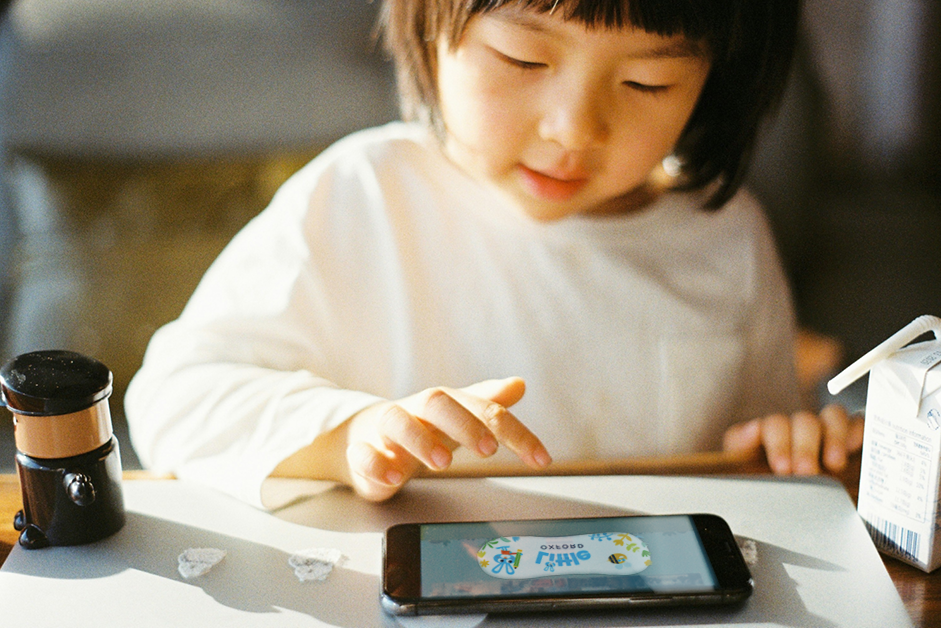Do smartphones and tablets support childhood development?

Educational devices and apps are increasingly playing an important role in learning, and our recent research demonstrates that this includes even the youngest age groups.
Almost two–thirds of parents of three to five year olds in the UK believe smartphones and tablets support their child’s development, while nine in ten parents believe educational apps can benefit their child’s learning (89%), digital skills (89%), and numeracy skills (89%).
We have published these insights alongside the launch of Little Oxford, one of a few expert-created apps designed for pre-school age children to use with their parents in a safe environment. Created in partnership with early years specialist Sue Cowley, Little Oxford provides activities that guide children through all seven key stages of both the UK Foundation Stage and Oxford International Early Years Curriculum.
How much do parents value apps?
Our research also demonstrates that nearly nine in ten parents see digital apps as a support for their child in learning the national curriculum. However, one in three parents still downplay how much time their children spend on smartphones and tablets, and a quarter of parents wished their child spent less time on the devices. Perceptions are important: 59% of parents said they would feel reassured to know that other parents and carers understate the amount of time their children spend on smartphones.
What about concerns around safety and screen time?
Today’s children are growing up in an increasingly digital world, and most parents surveyed believe that smartphone and tablet exposure is a vital component of a child’s early education.
Four in five parents have concerns around online safety, and children and parents spending time online together is valuable. 66% of respondents believe children whose parents spend time using apps with them know how to keep themselves safer online later on.
Meanwhile, approximately two thirds of parents believe they manage their child’s screentime well and they set a time limit for children on smartphones/tablets. Situations where parents are more likely to let children use these devices include:
- travelling on long trips (59%)
- when feeling tired (44%)
- at a restaurant (35%)
- or in a waiting room (31%).
Little Oxford offers a way to turn this screen time into productive learning time, supporting children to become confident learners while developing their digital literacy, in a safe and educational virtual environment. Our parents guide sets out our tips for making the best use of using the app — and similar tools for this age group — backed up by offline experiences.

